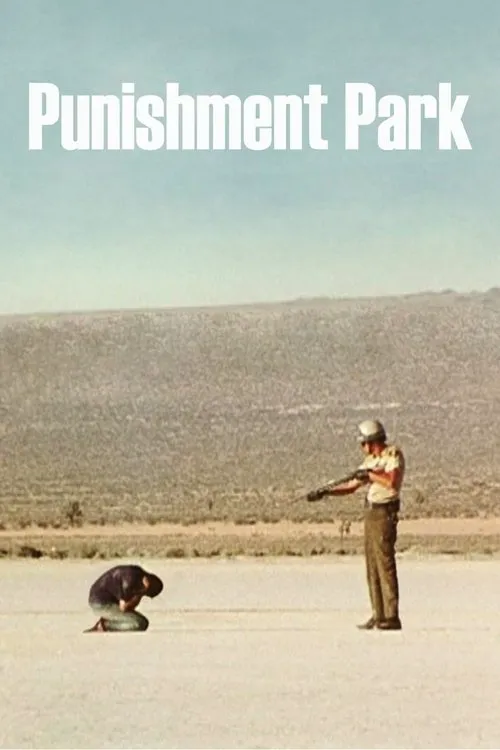Punishment Park

Trama
Punishment Park is a 1971 American drama film directed by Peter Watkins, known for its thought-provoking and provocative commentary on the state of American society in the early 1970s. The film is structured as a pseudo-documentary, which adds to its sense of realism and immediacy. Set against the backdrop of a fictional emergency declared by President Nixon, Punishment Park presents a disturbing vision of a country descending into chaos and violence. The story begins with a series of newsreel-style reports and interviews with politicians, journalists, and ordinary citizens, which set the context for the film's events. A state of emergency has been declared due to the overwhelming number of prisoners in U.S. prisons, and President Nixon has issued an executive order that mandates a new approach to punishment. New prisoners, most of whom are associated with the anti-war movement, are given the choice of serving time in jail or participating in a three-day survival scenario in Punishment Park, a vast desert area where they will be hunted by federal authorities for sport. The prisoners are initially unaware of the true nature of Punishment Park, and many of them see it as an opportunity to demonstrate their commitment to their cause and evade the harsh reality of jail time. However, as the survivors are introduced, the audience witnesses the brutal treatment and intimidation they experience at the hands of the authorities. The prisoners are subjected to a range of hardships, including harsh desert conditions, lack of food and water, and relentless pursuit by the police. The authorities, who are depicted as ruthless and trigger-happy, will stop at nothing to capture and "neutralize" the prisoners. The lines between hunter and prey are blurred, and the prisoners become increasingly desperate and traumatized as they struggle to survive. Throughout the film, Watkins interweaves interviews with the prisoners, who share their experiences and perspectives on the justice system and the state of America. Their testimonies provide a powerful counterpoint to the violence and brutality depicted on screen, highlighting the ways in which the system seeks to break the spirits and silence the voices of dissent. One of the most striking aspects of Punishment Park is its use of a pseudo-documentary format, which blends fact and fiction in a way that blurs the lines between reality and representation. The film's handheld camera work, grainy black-and-white cinematography, and improvisational style create a sense of immediacy and immediacy, drawing the viewer into the world of the film and confronting them with the stark realities of life in a society gone mad. Watkins' script is a scathing critique of the American justice system and the government's response to social unrest. By creating a fictional scenario that is both terrifying and plausible, he raises uncomfortable questions about the limits of state power and the erosion of civil liberties. The film's portrayal of a state of emergency, declared by a President who is increasingly detached from reality, is a chilling commentary on the dangers of authoritarianism and the consequences of unchecked power. Ultimately, Punishment Park is a powerful and thought-provoking film that challenges the viewer to confront the darker aspects of American society. Its use of a pseudo-documentary format and its focus on the experiences of ordinary people make it a deeply personal and emotional experience, one that lingers long after the credits roll. As a work of social commentary, Punishment Park remains a timely and urgent warning about the dangers of a society that prioritizes control and surveillance over compassion and justice.
Recensioni
Raccomandazioni




